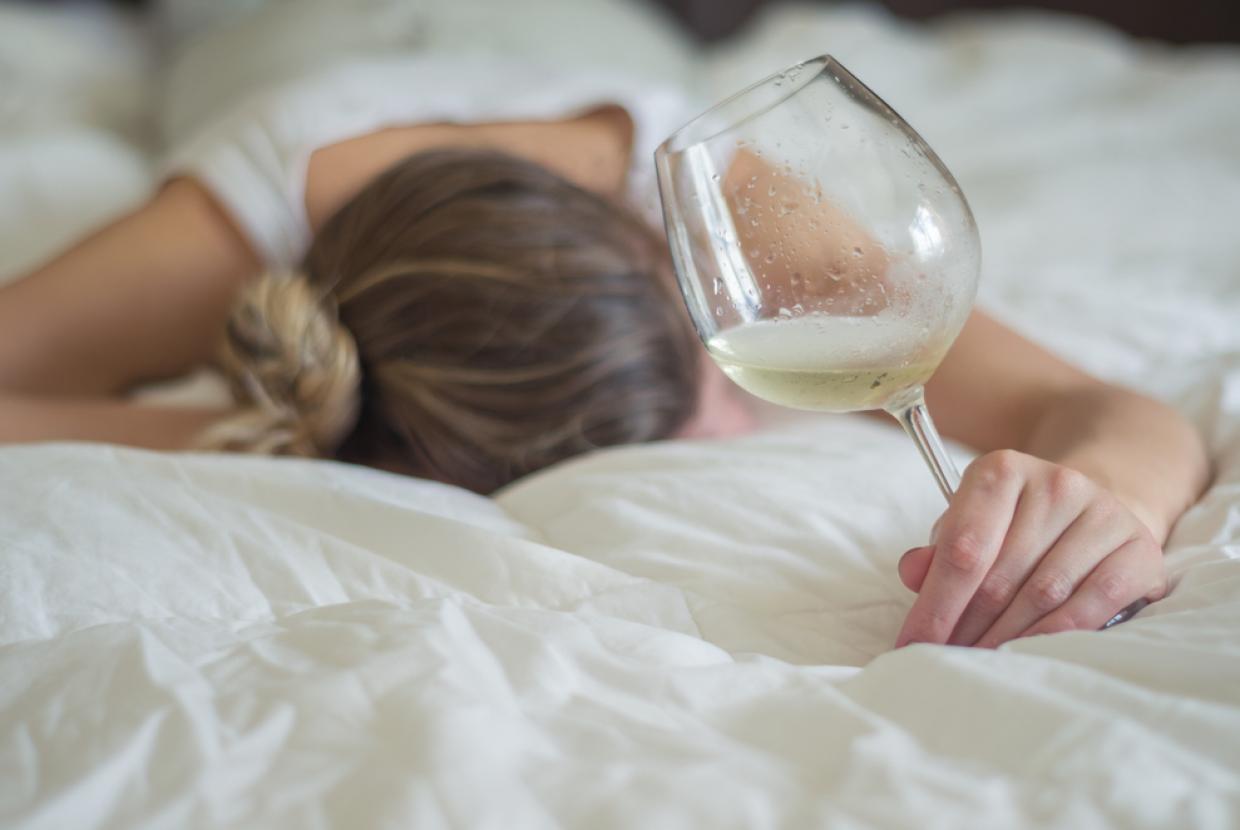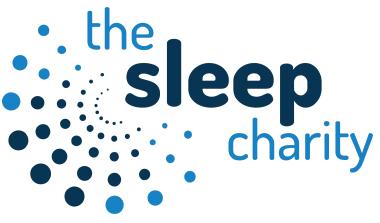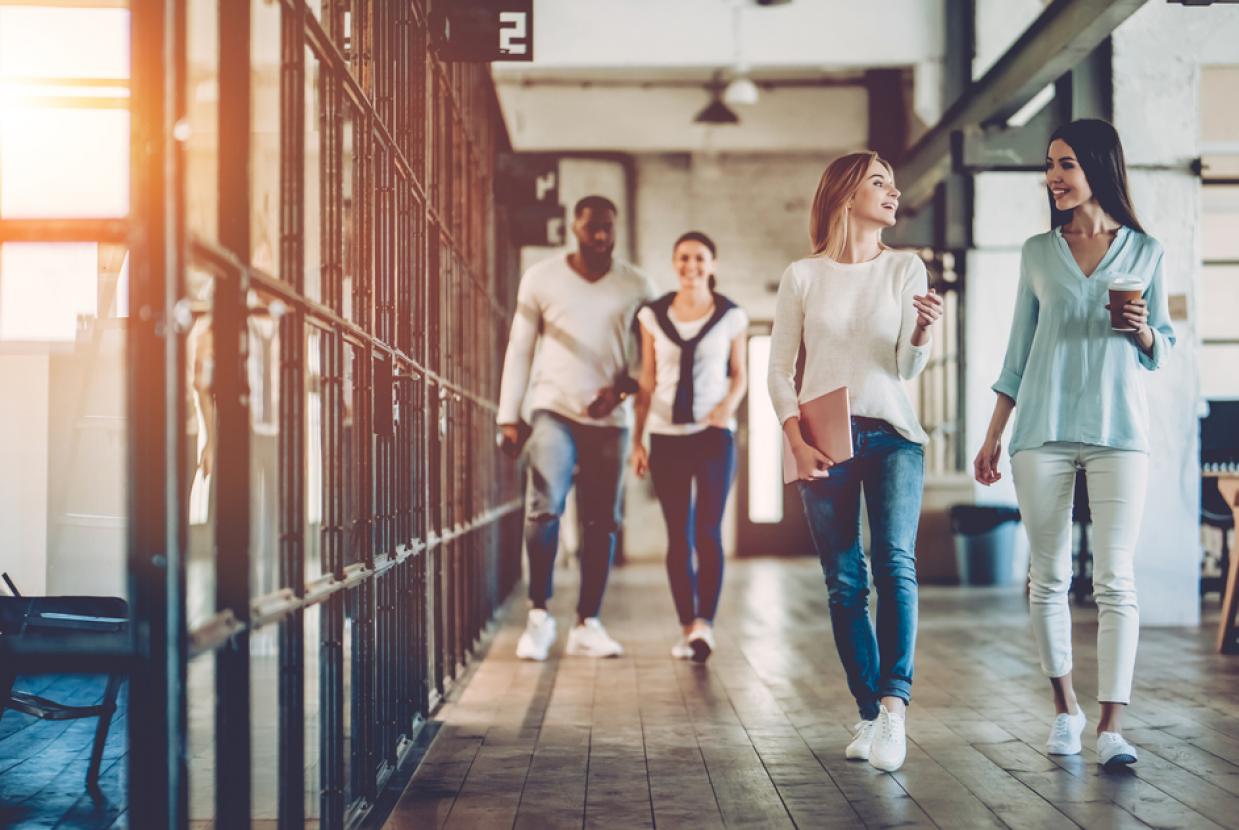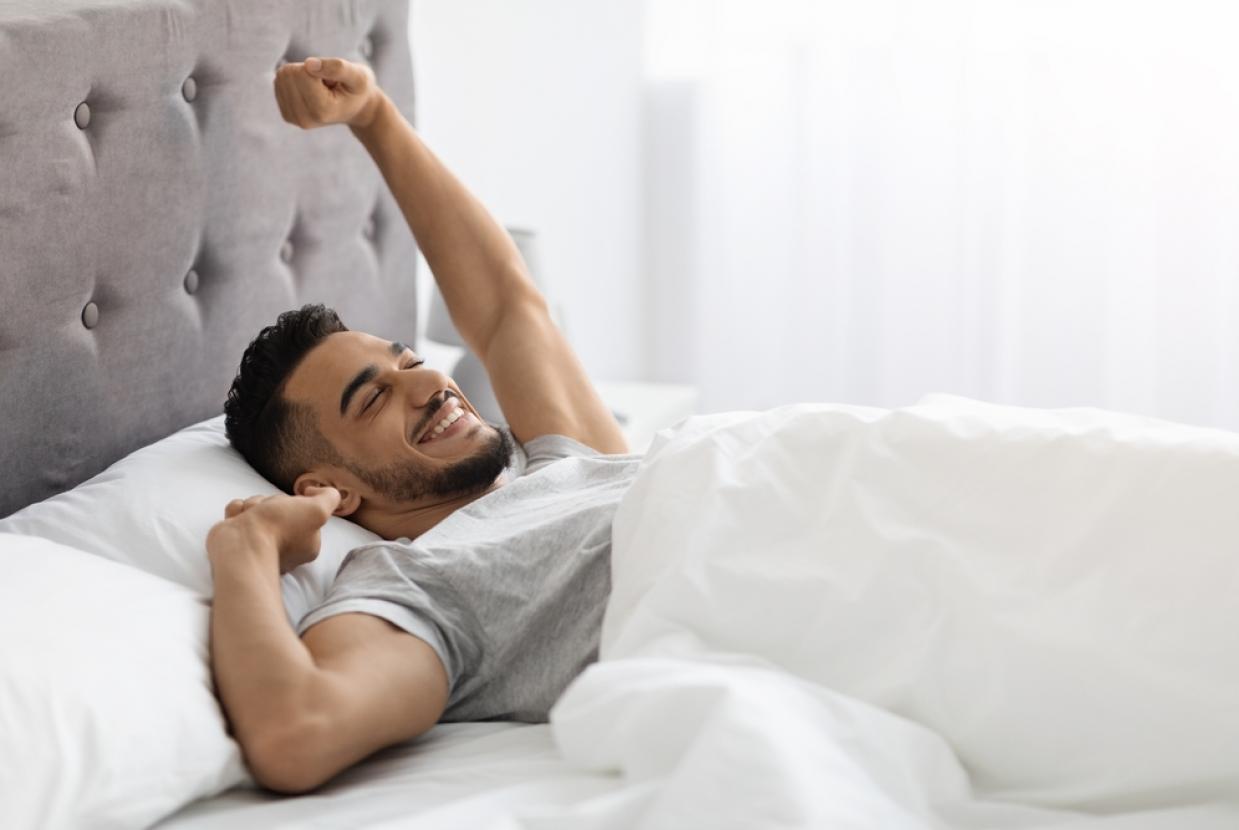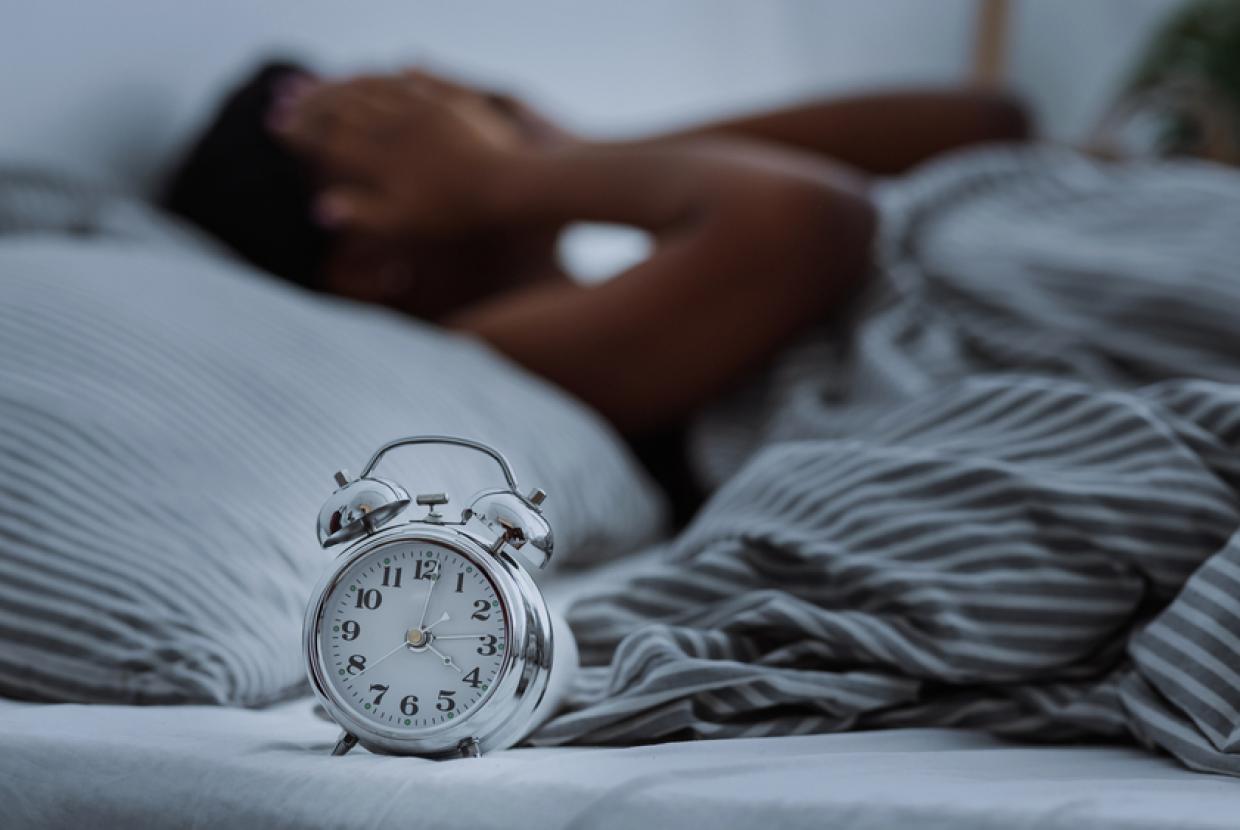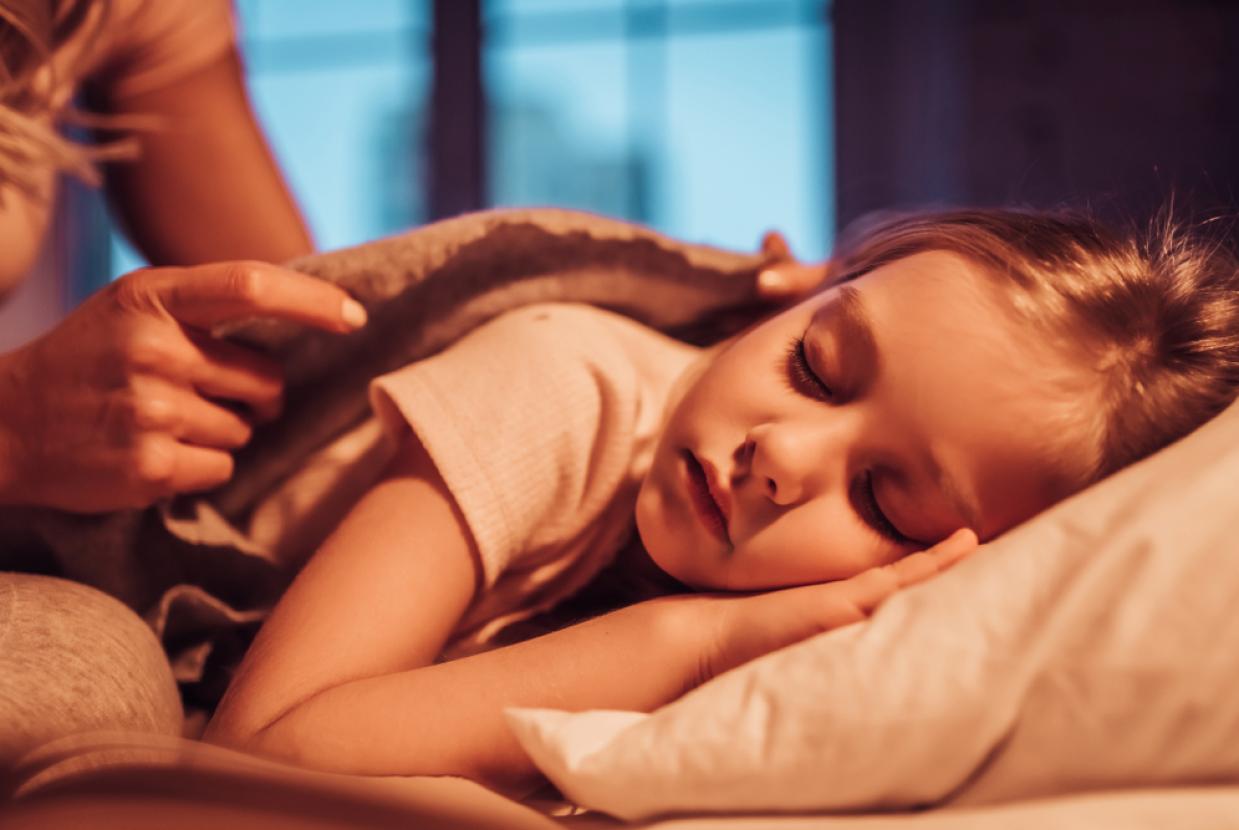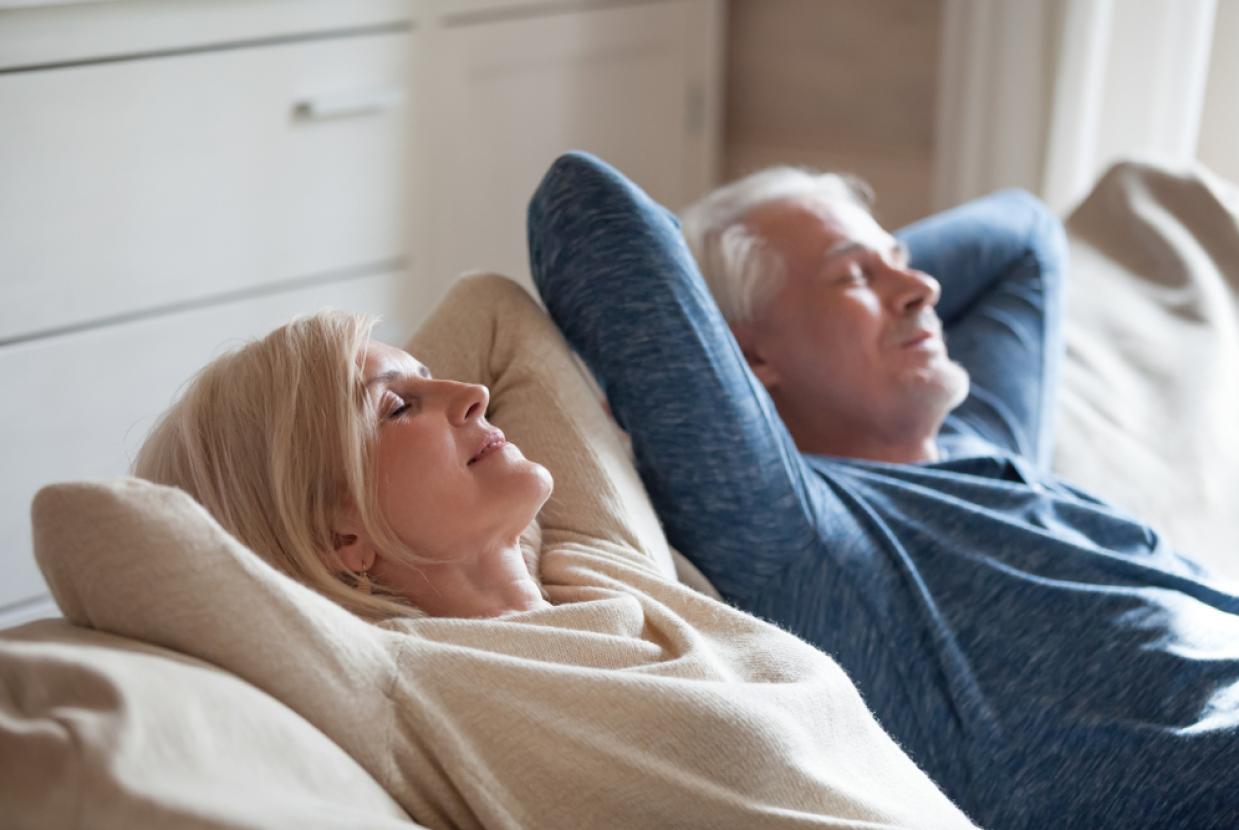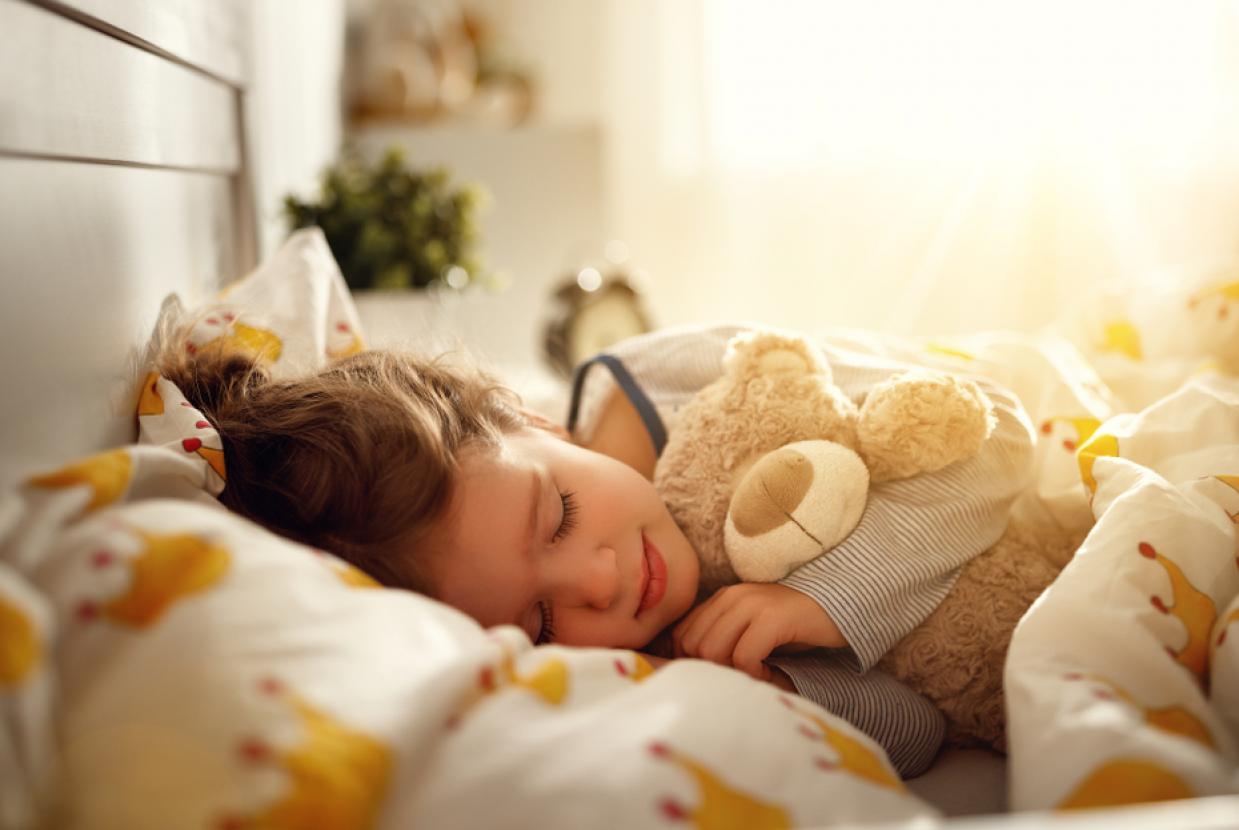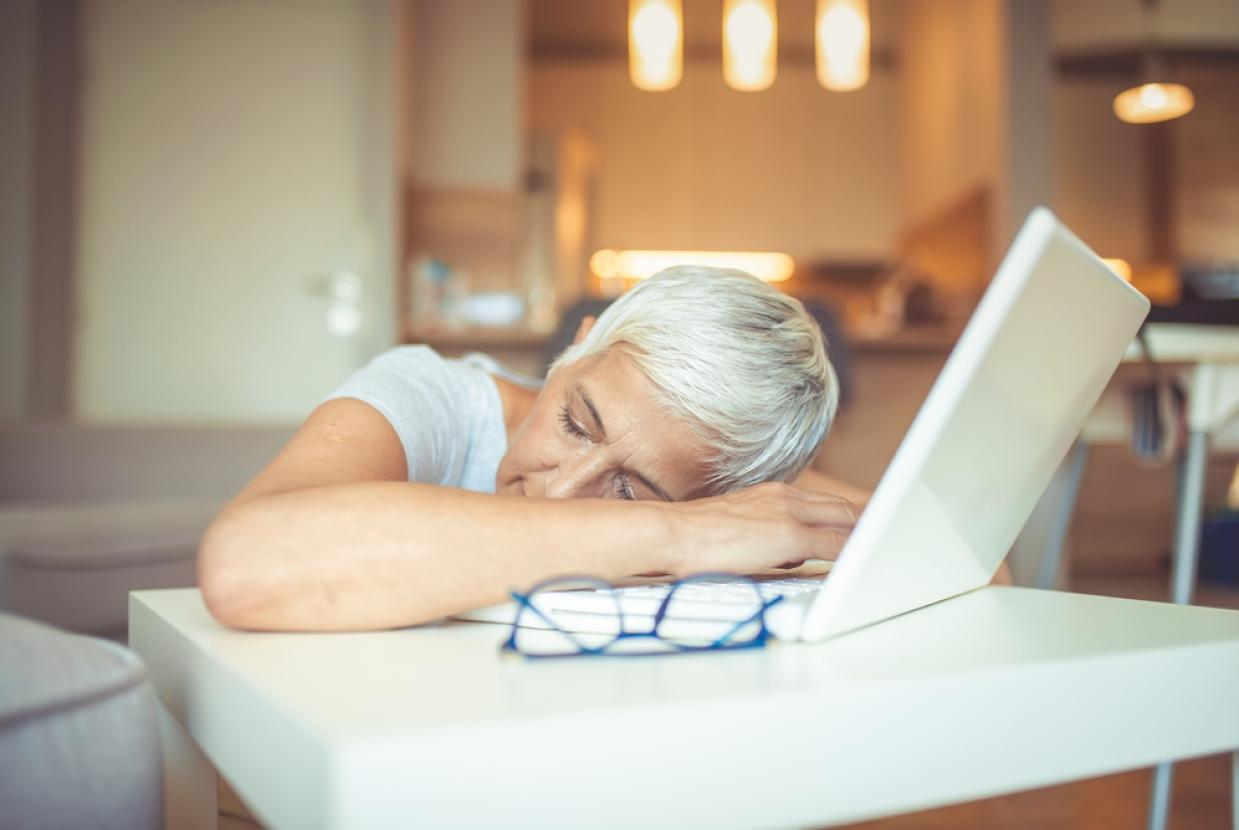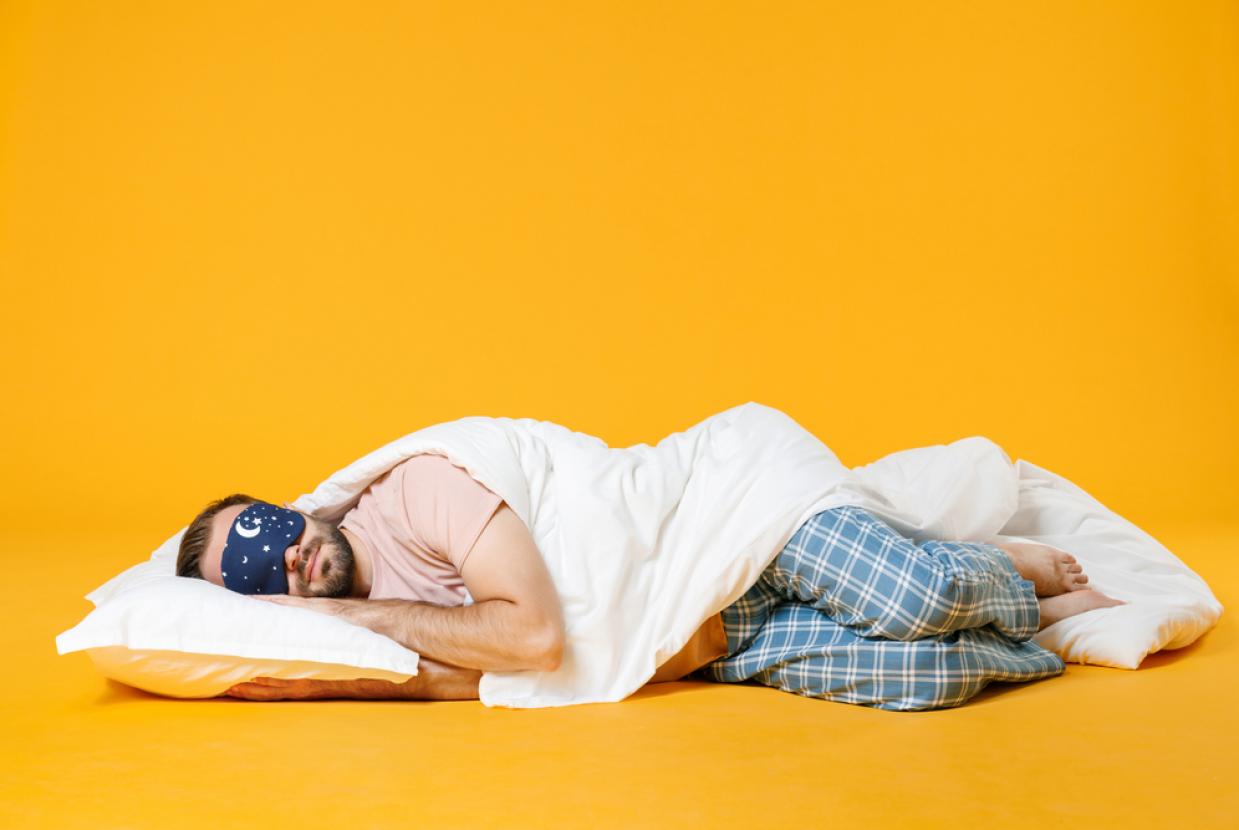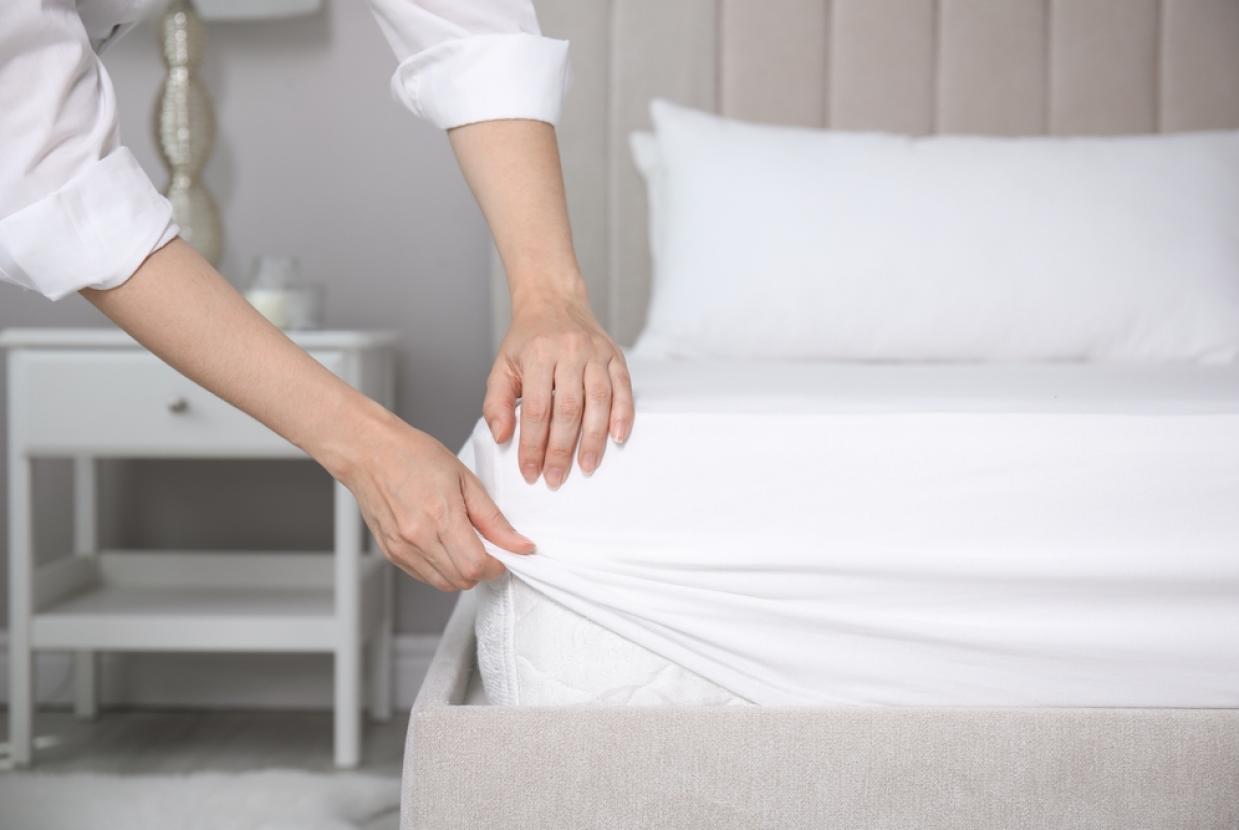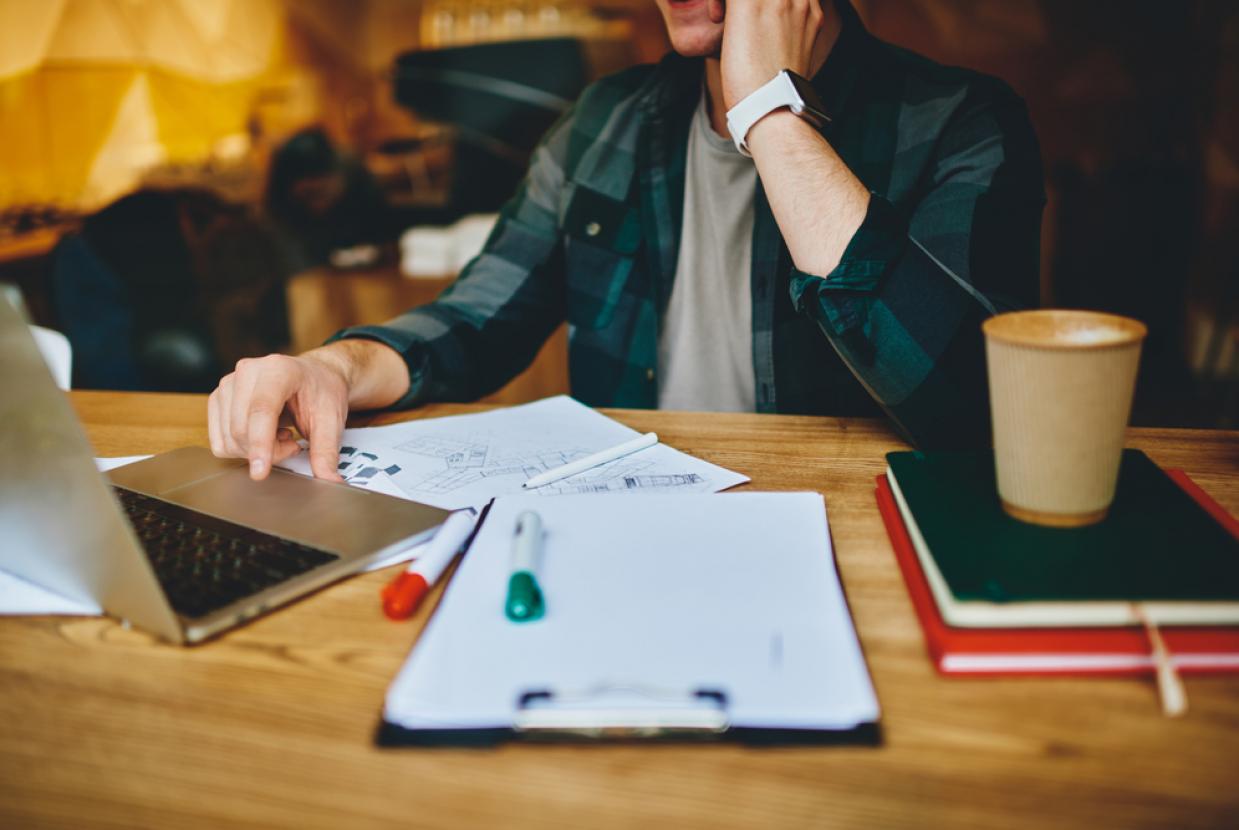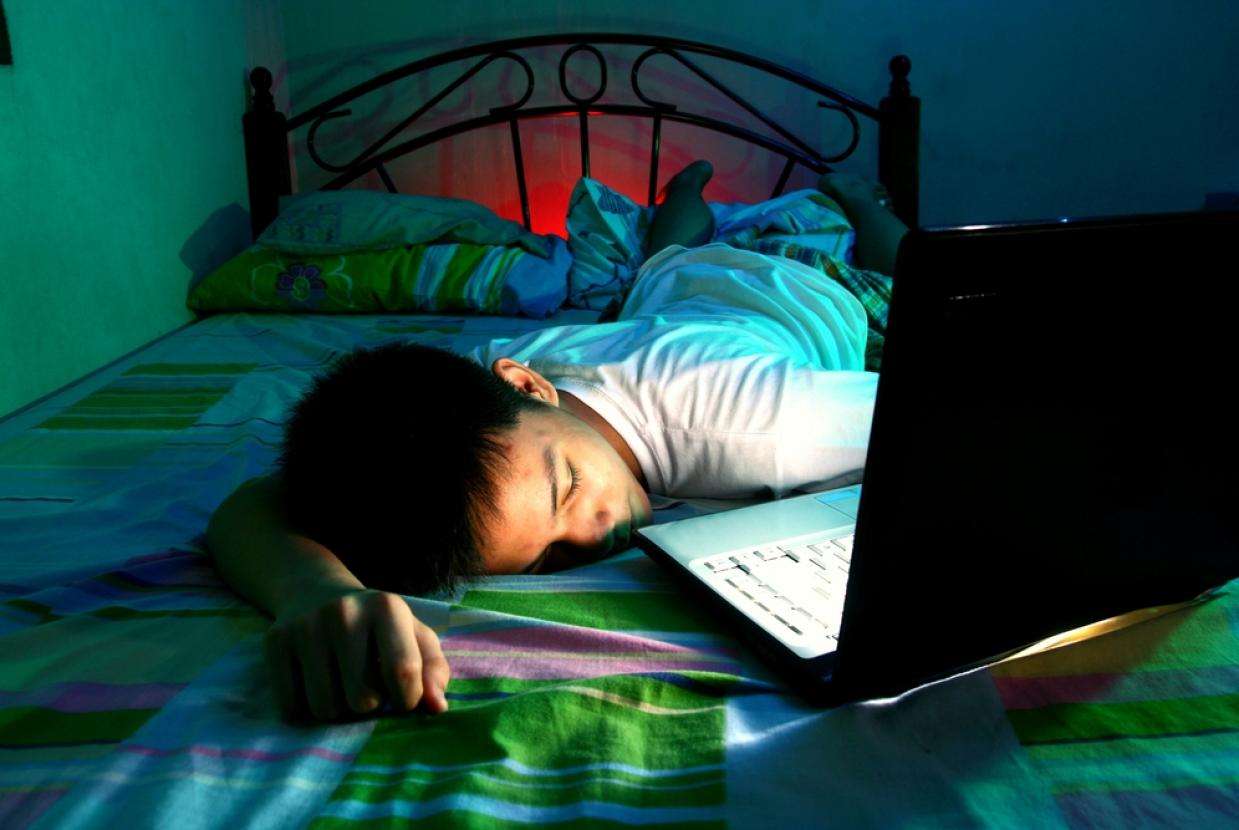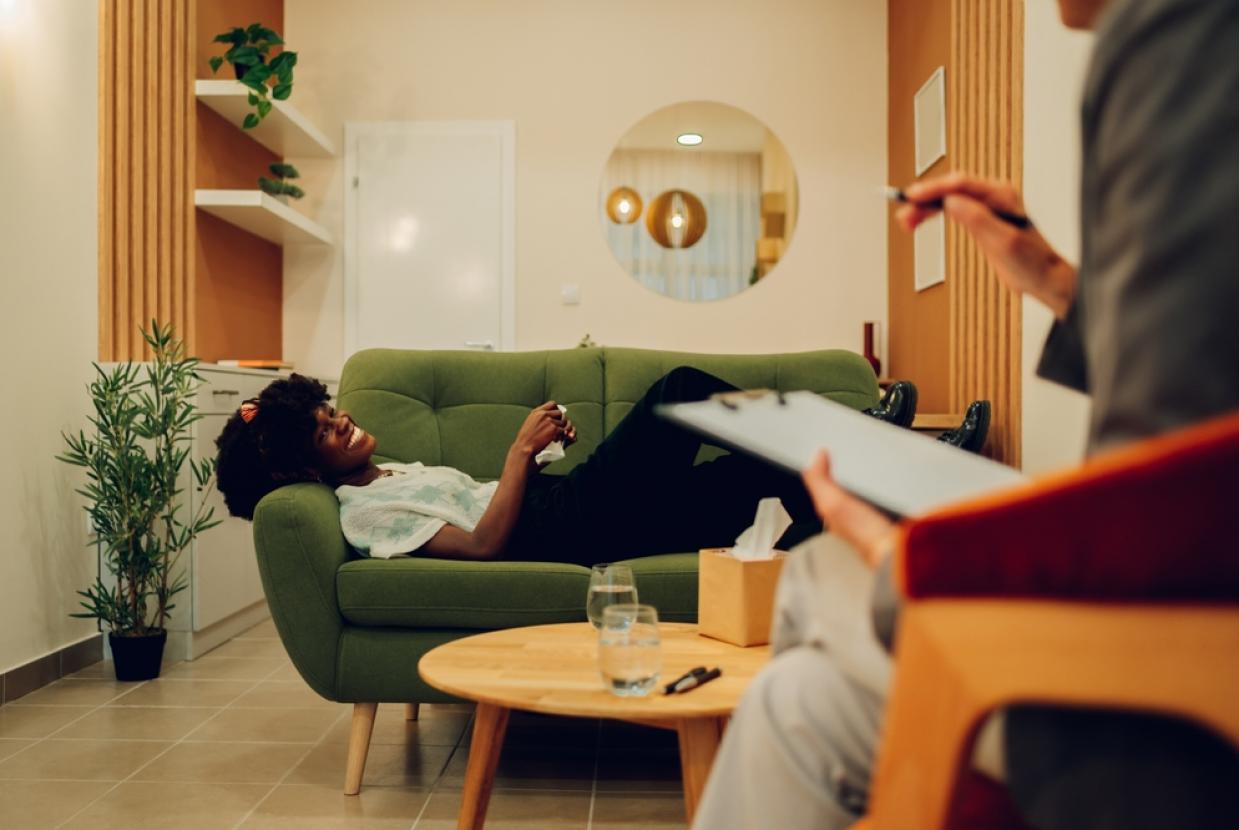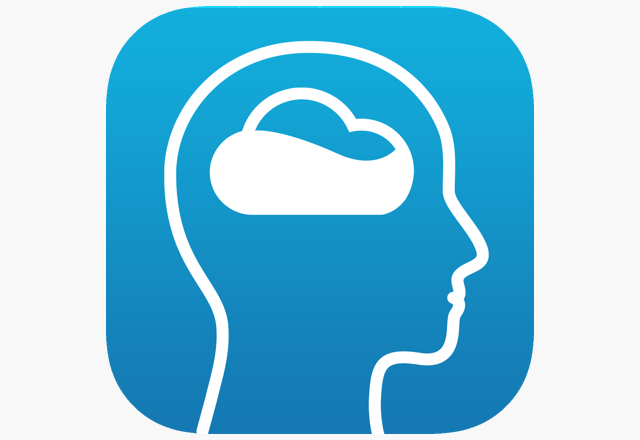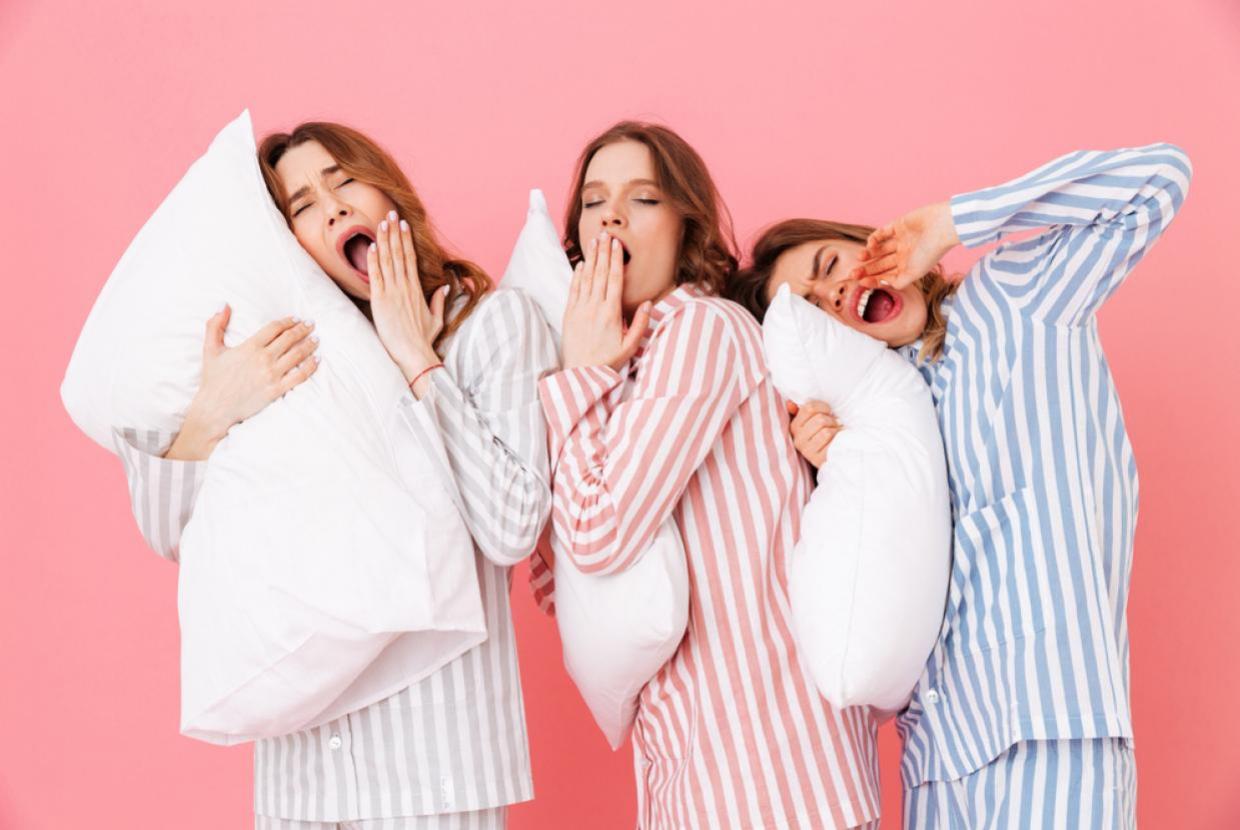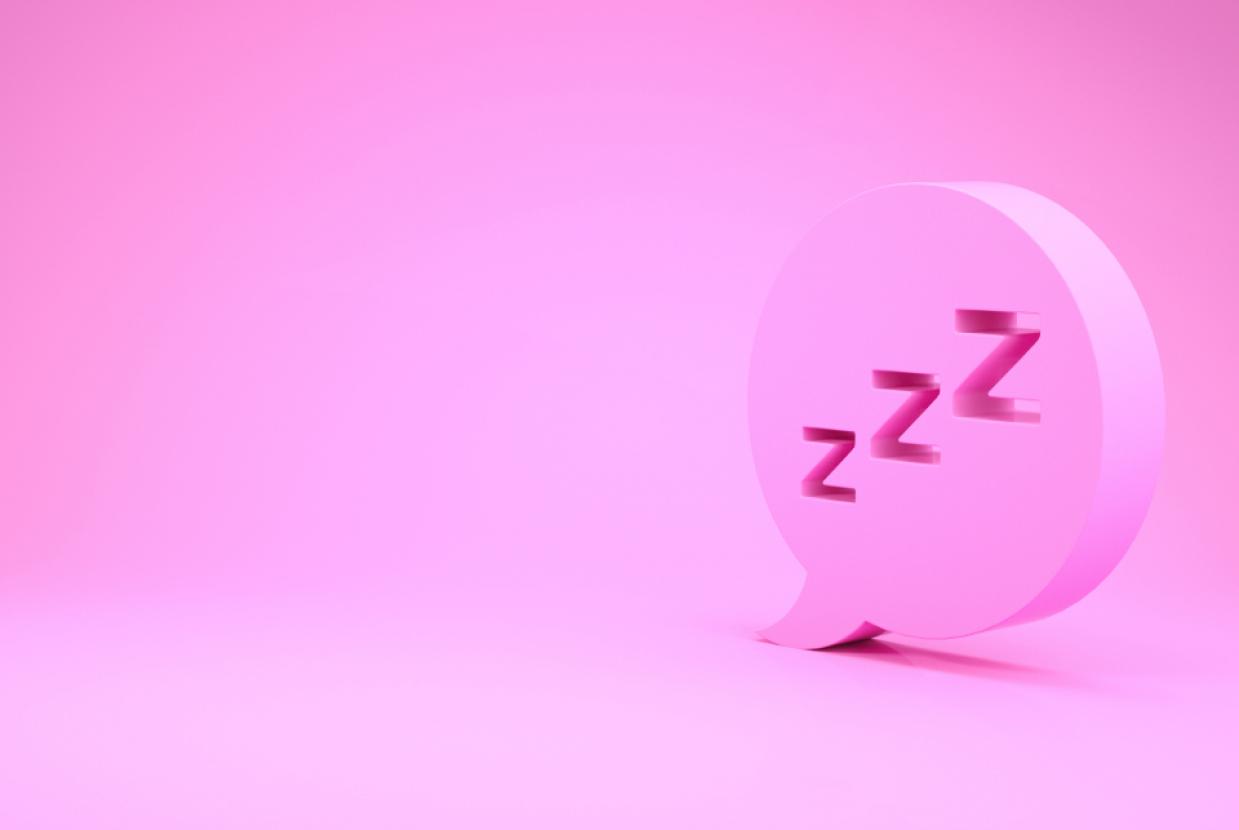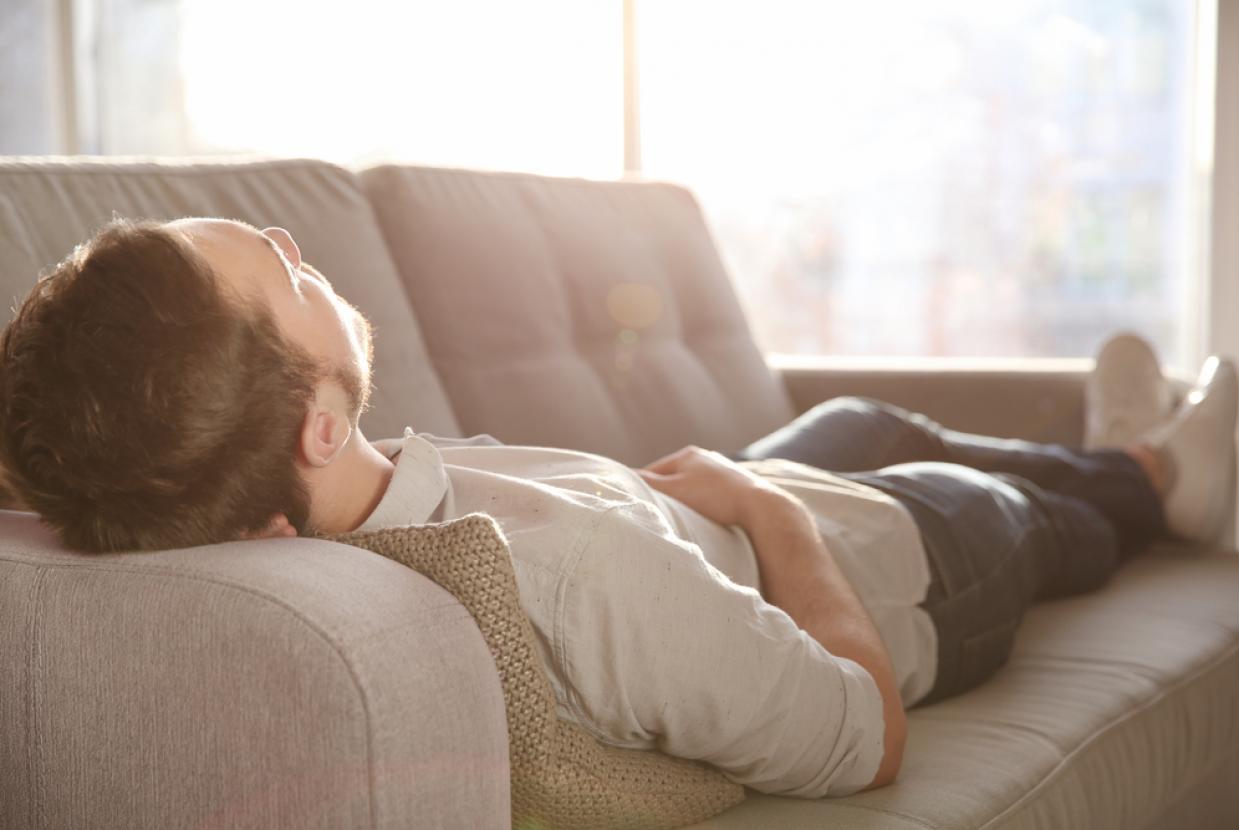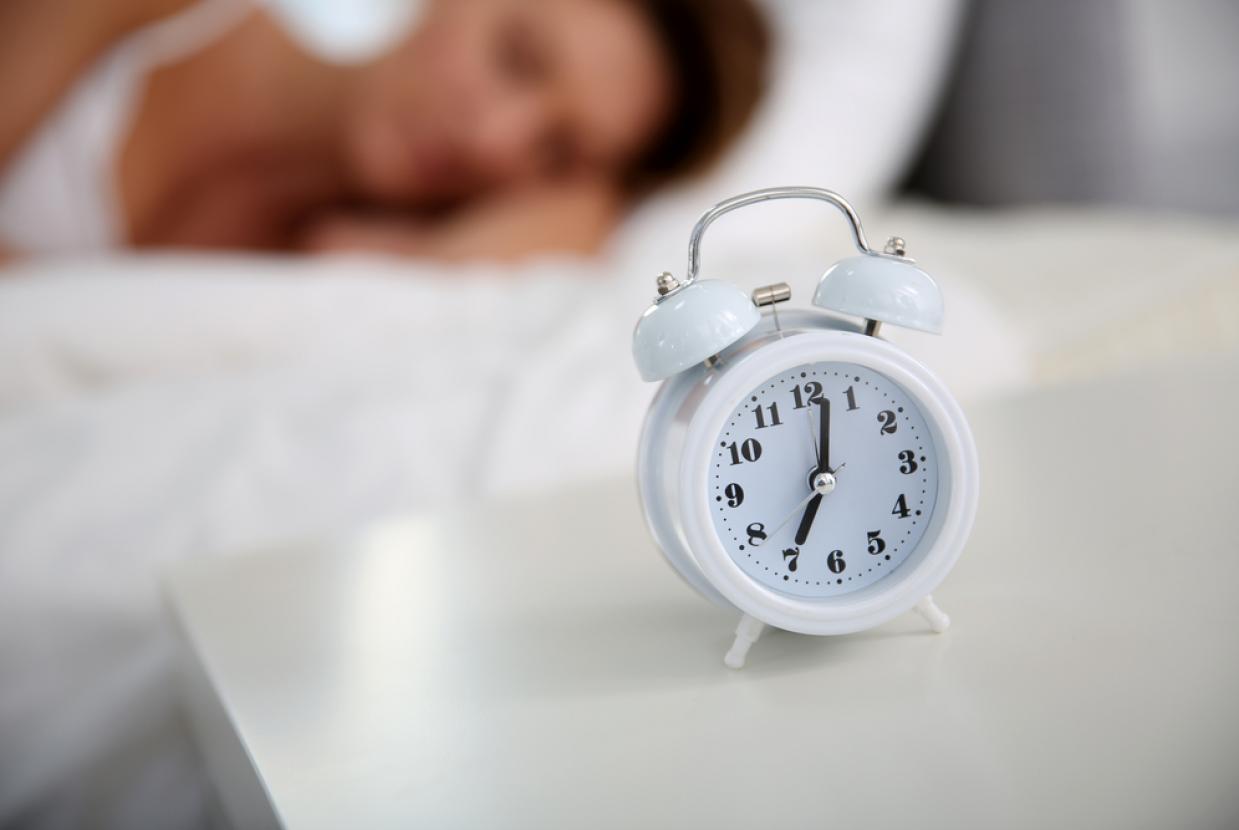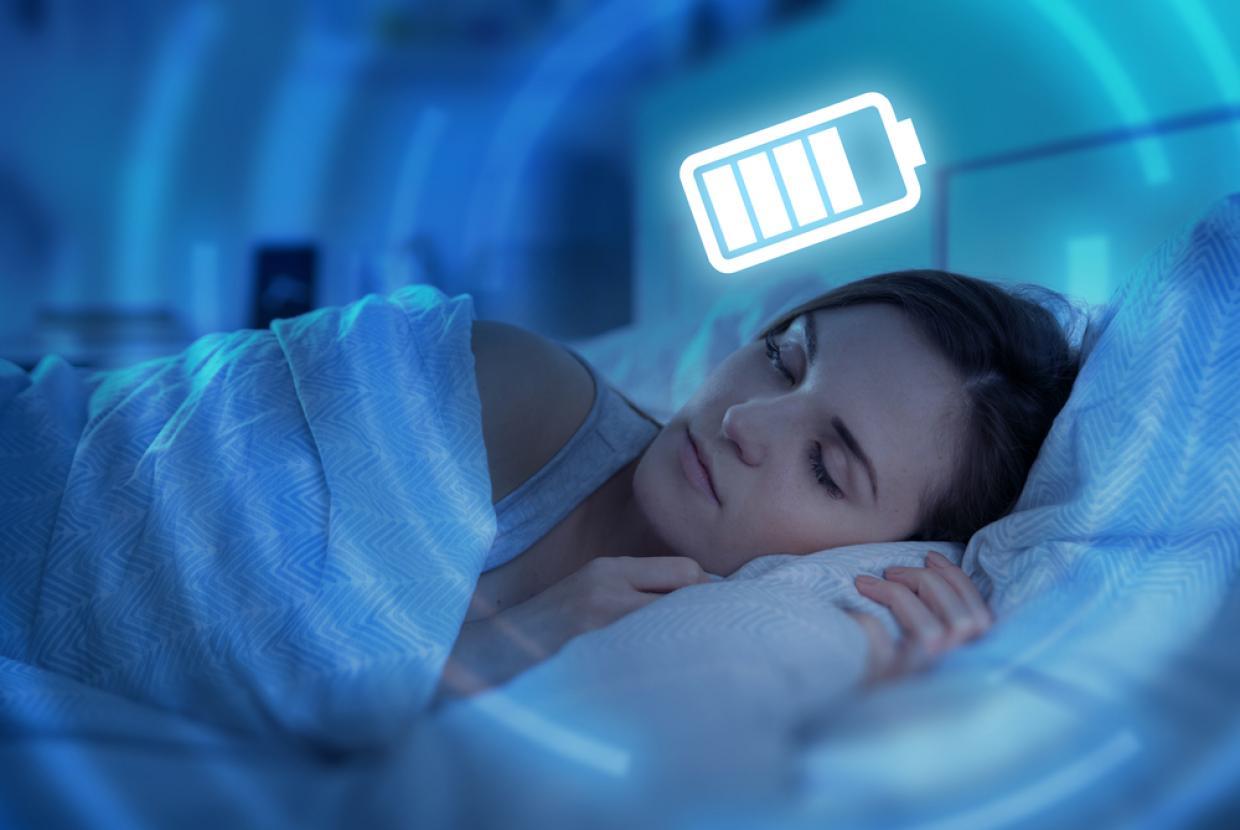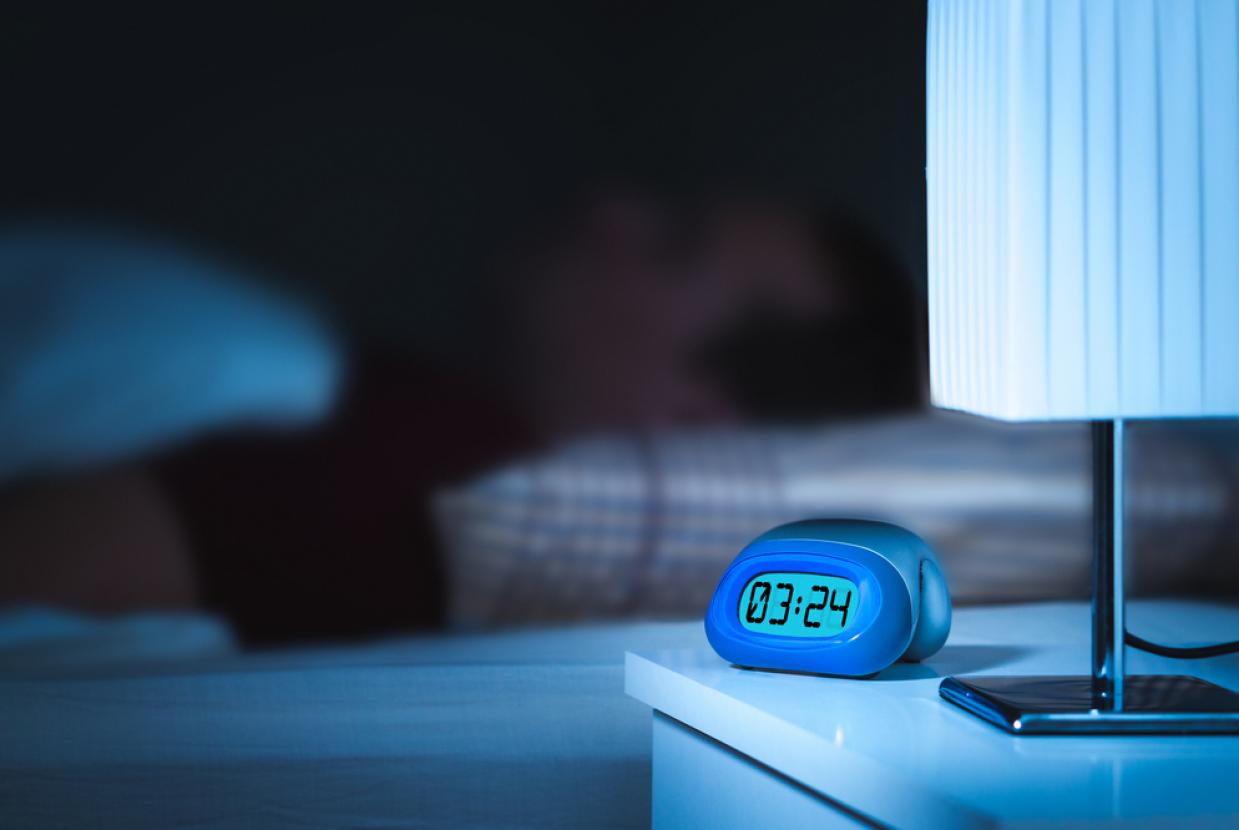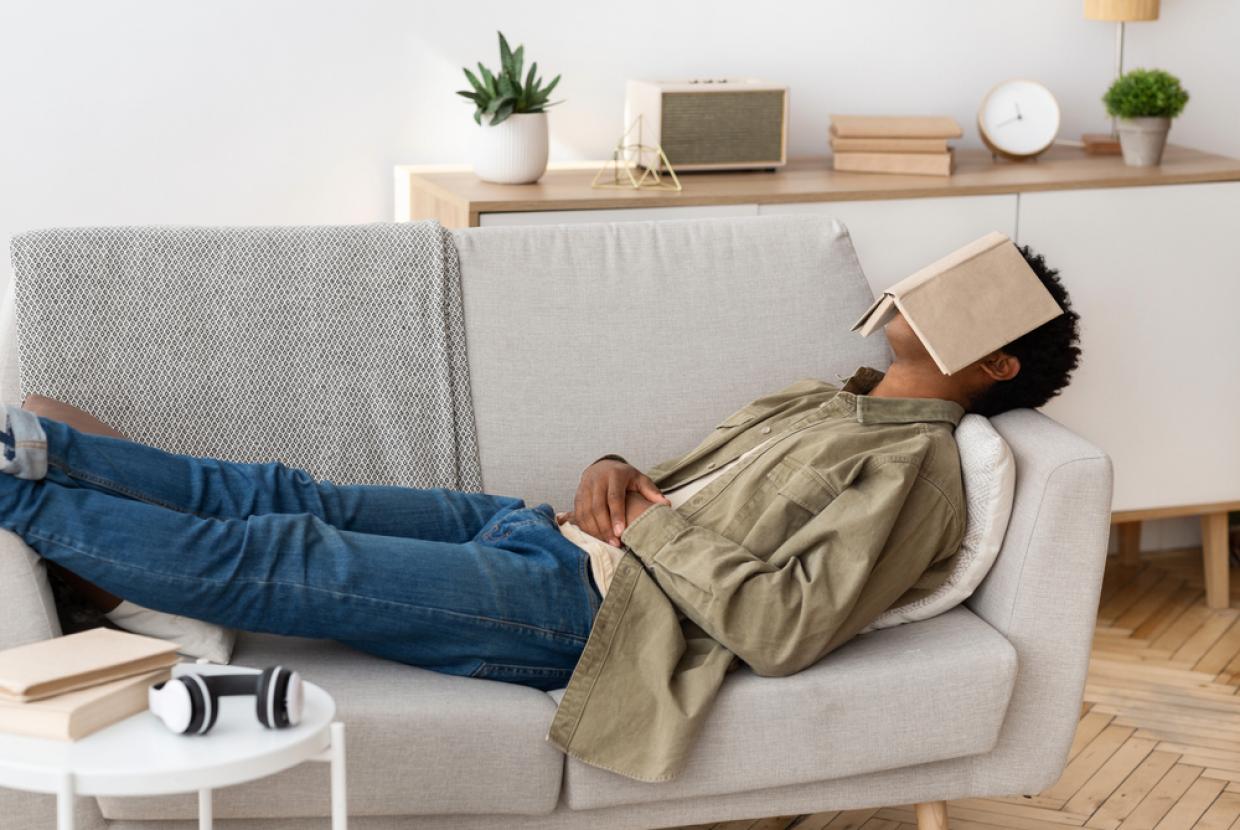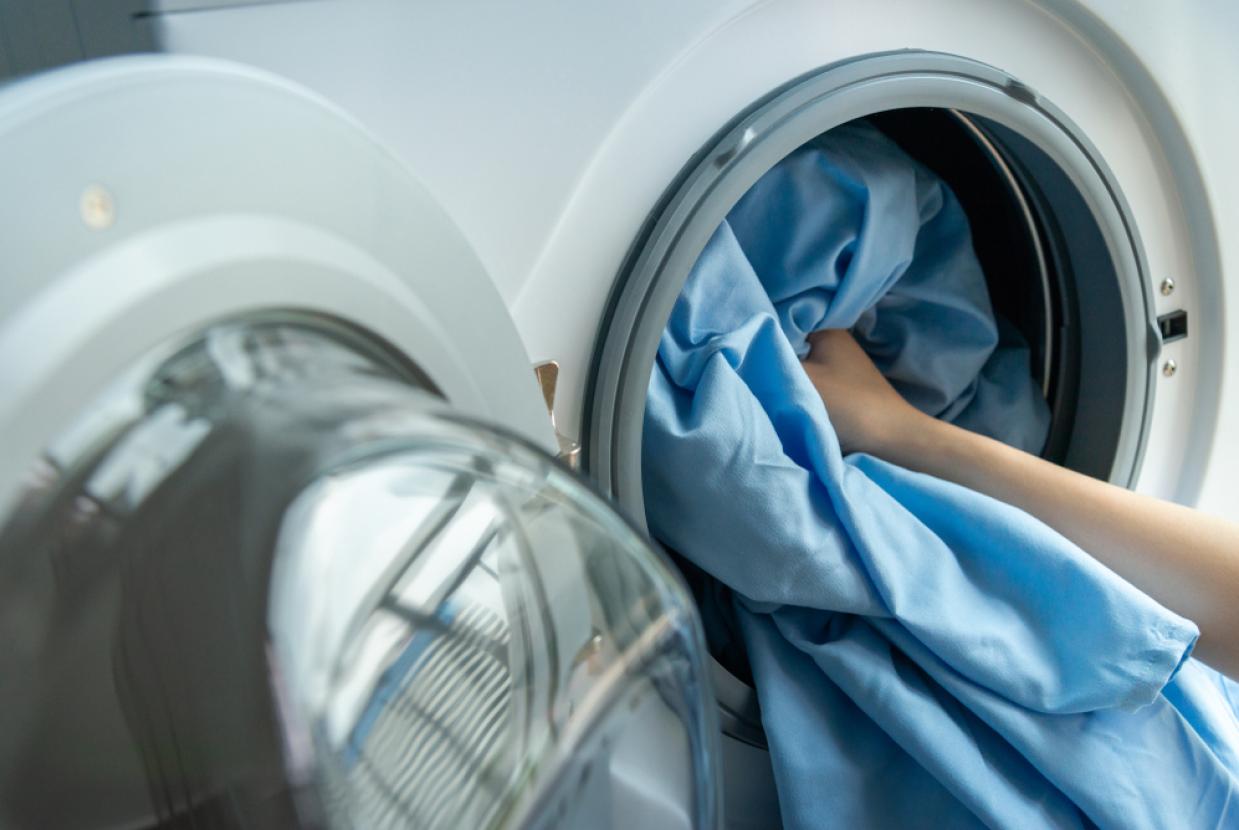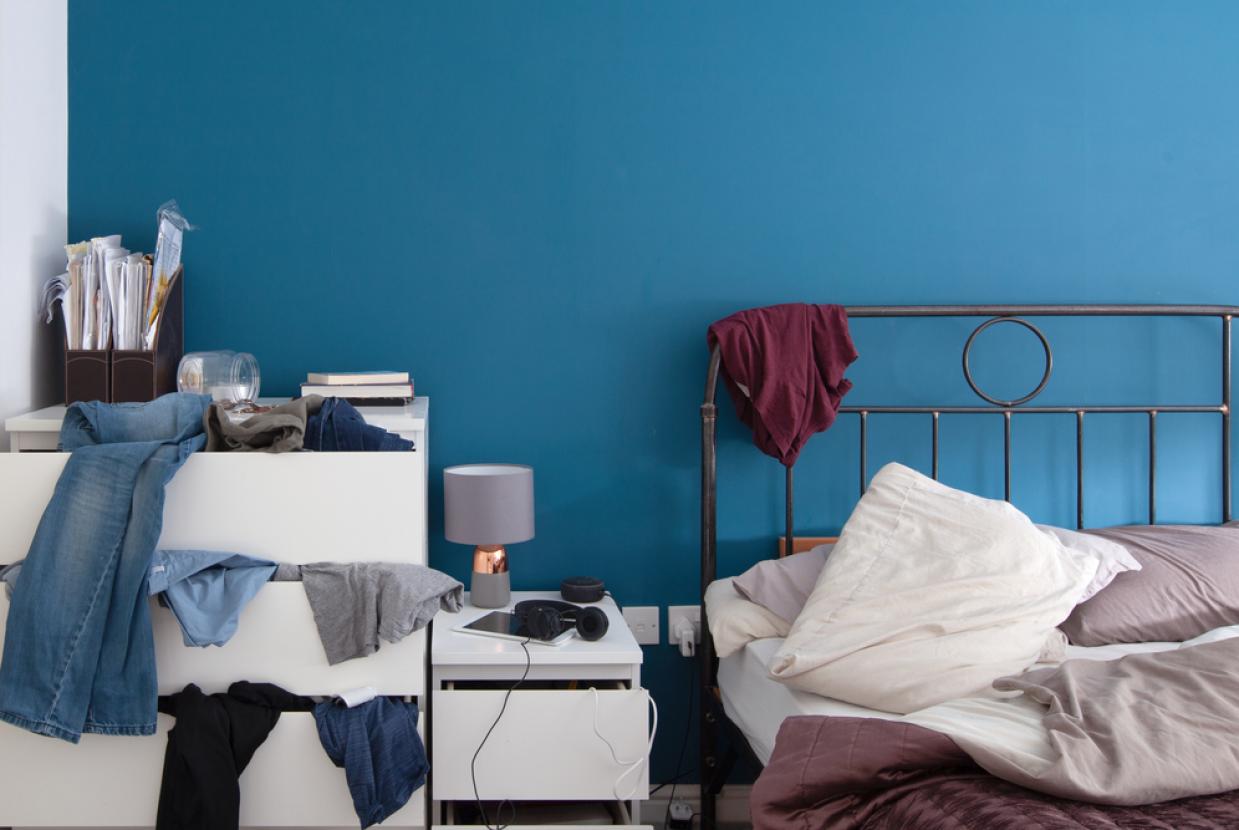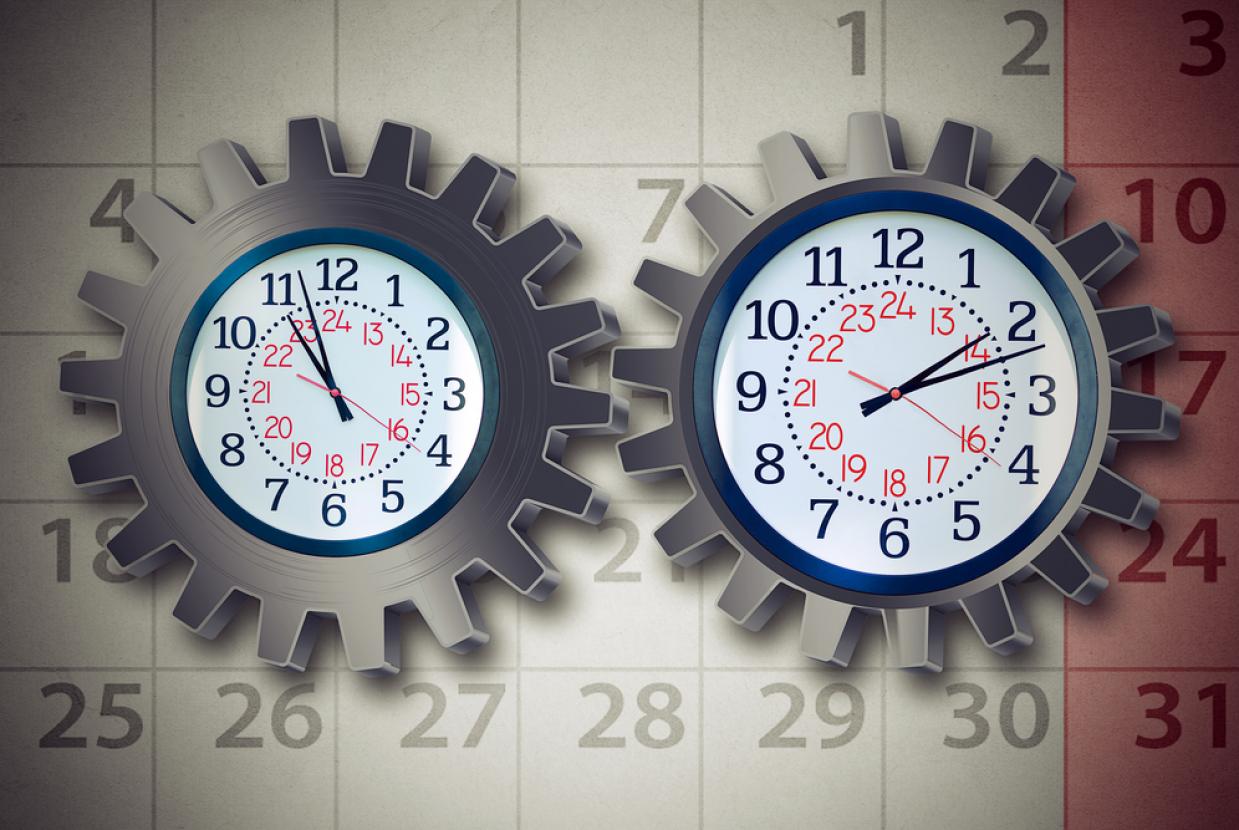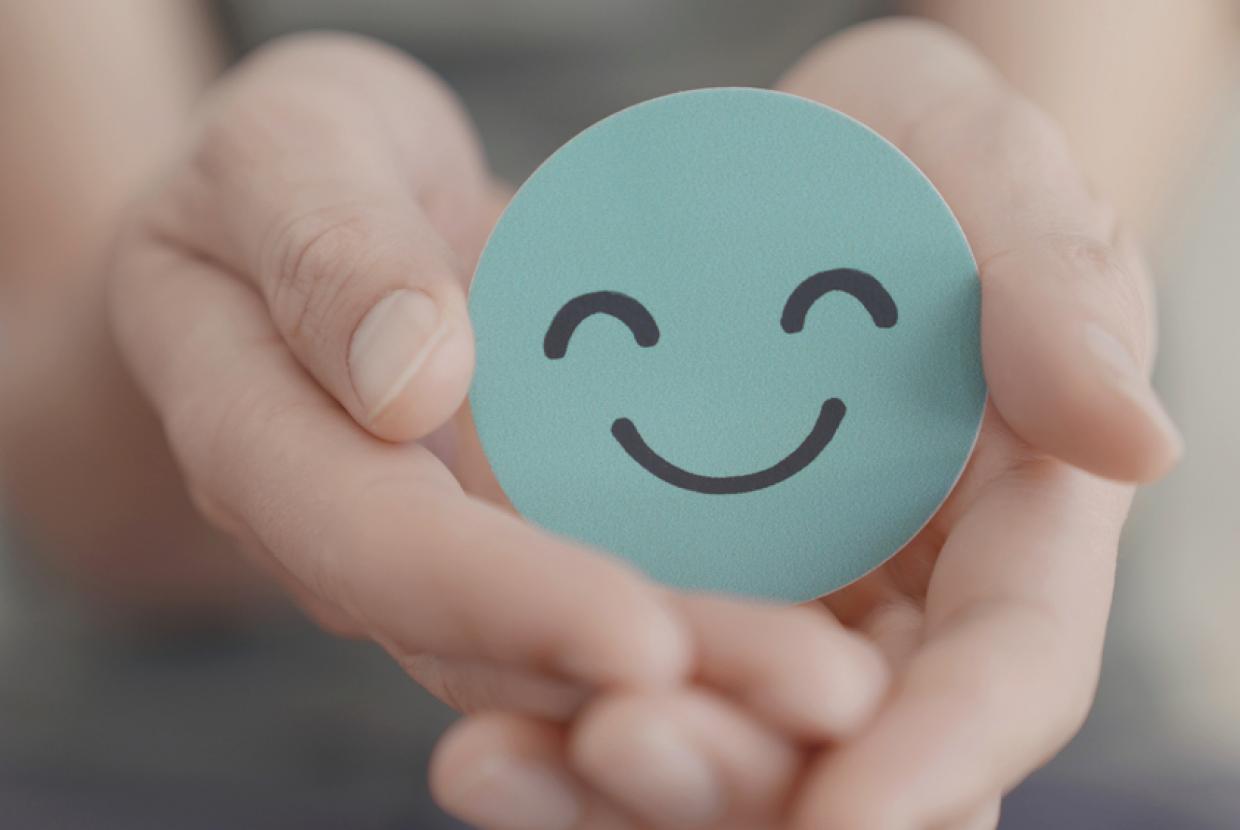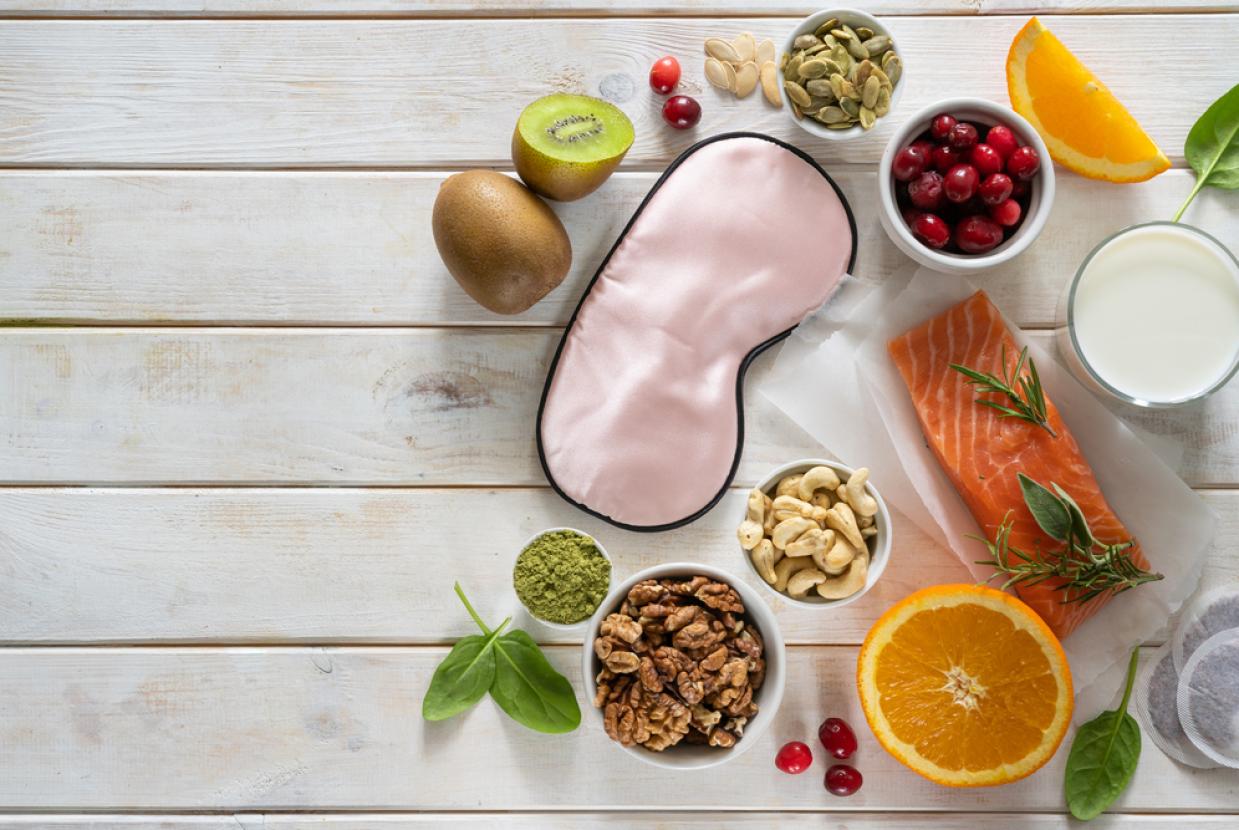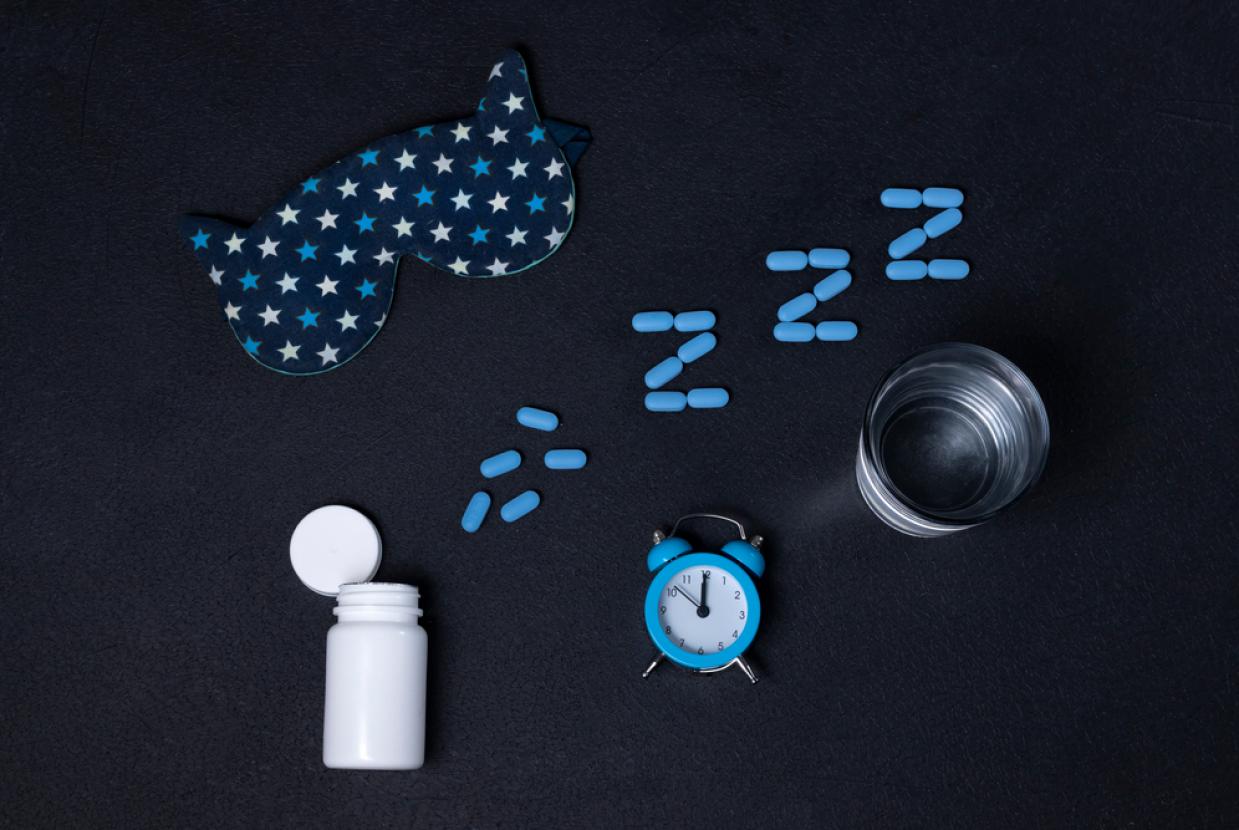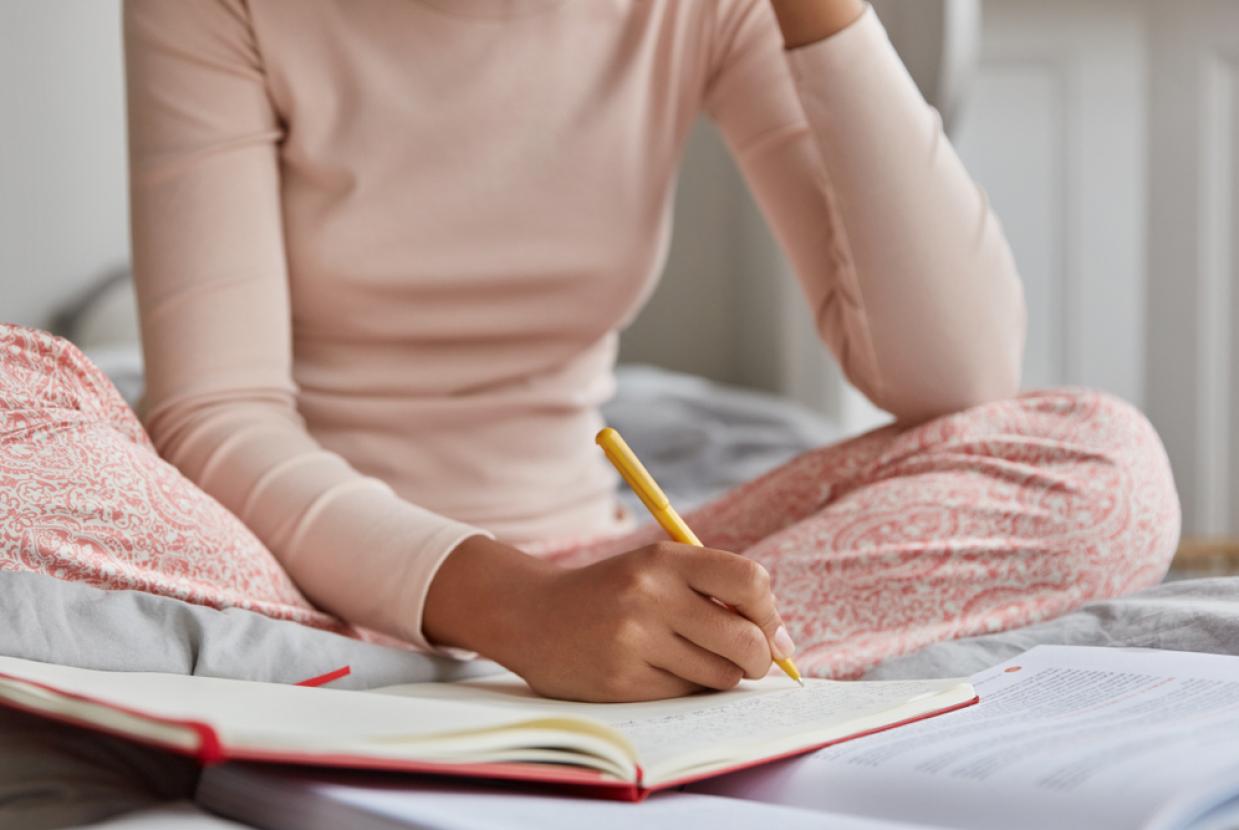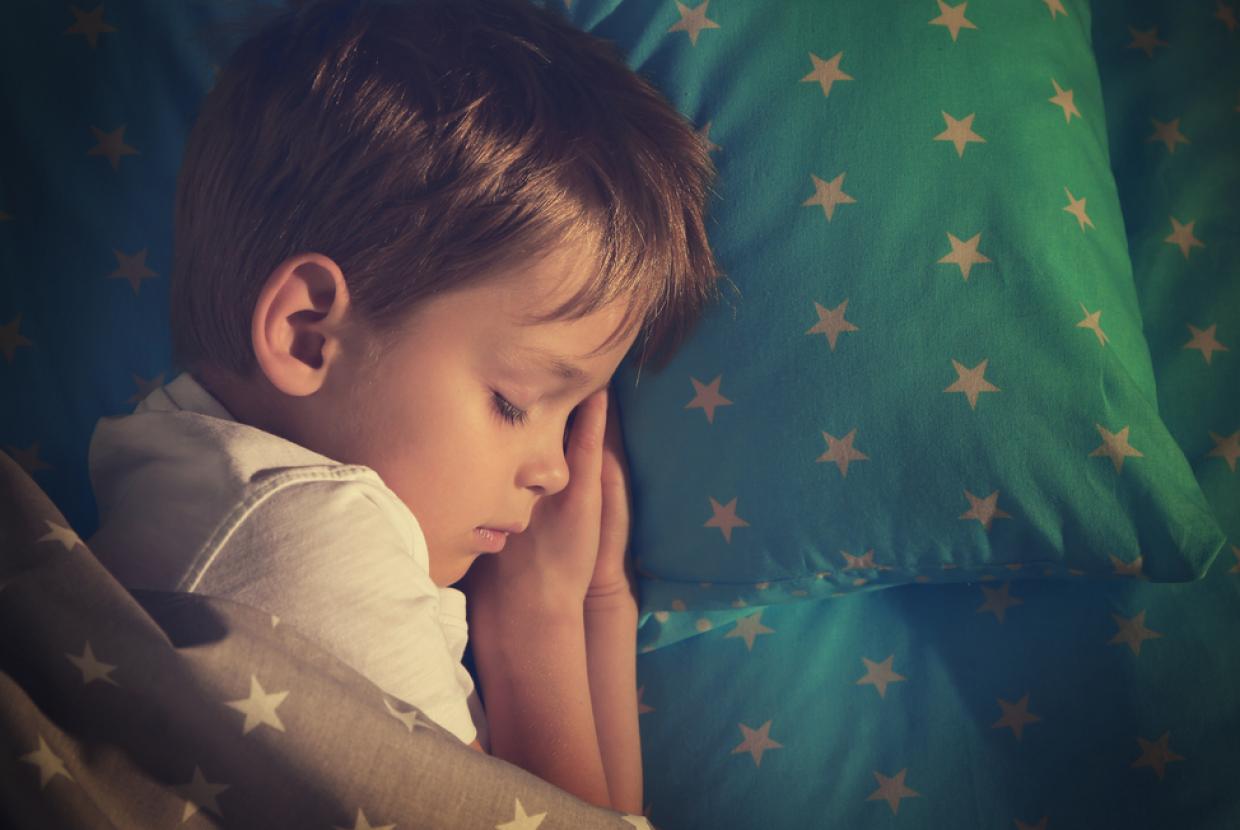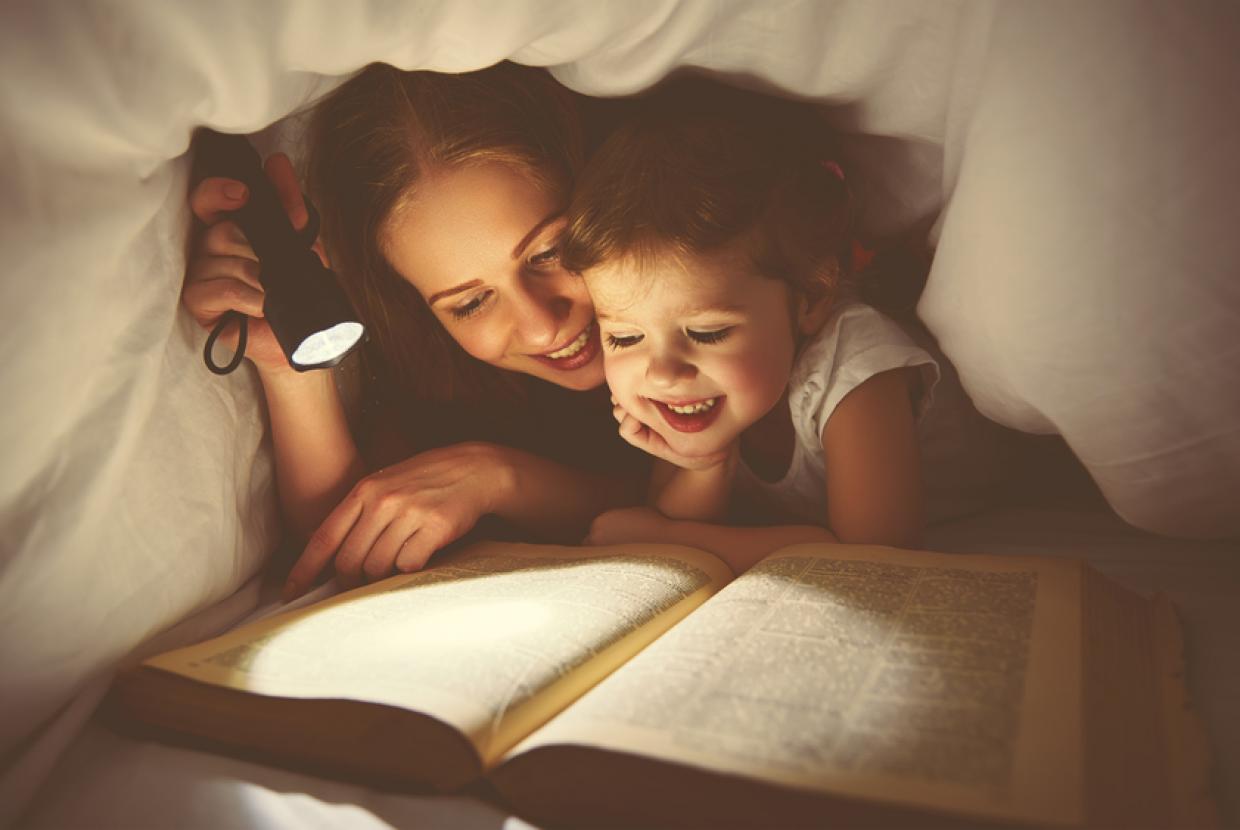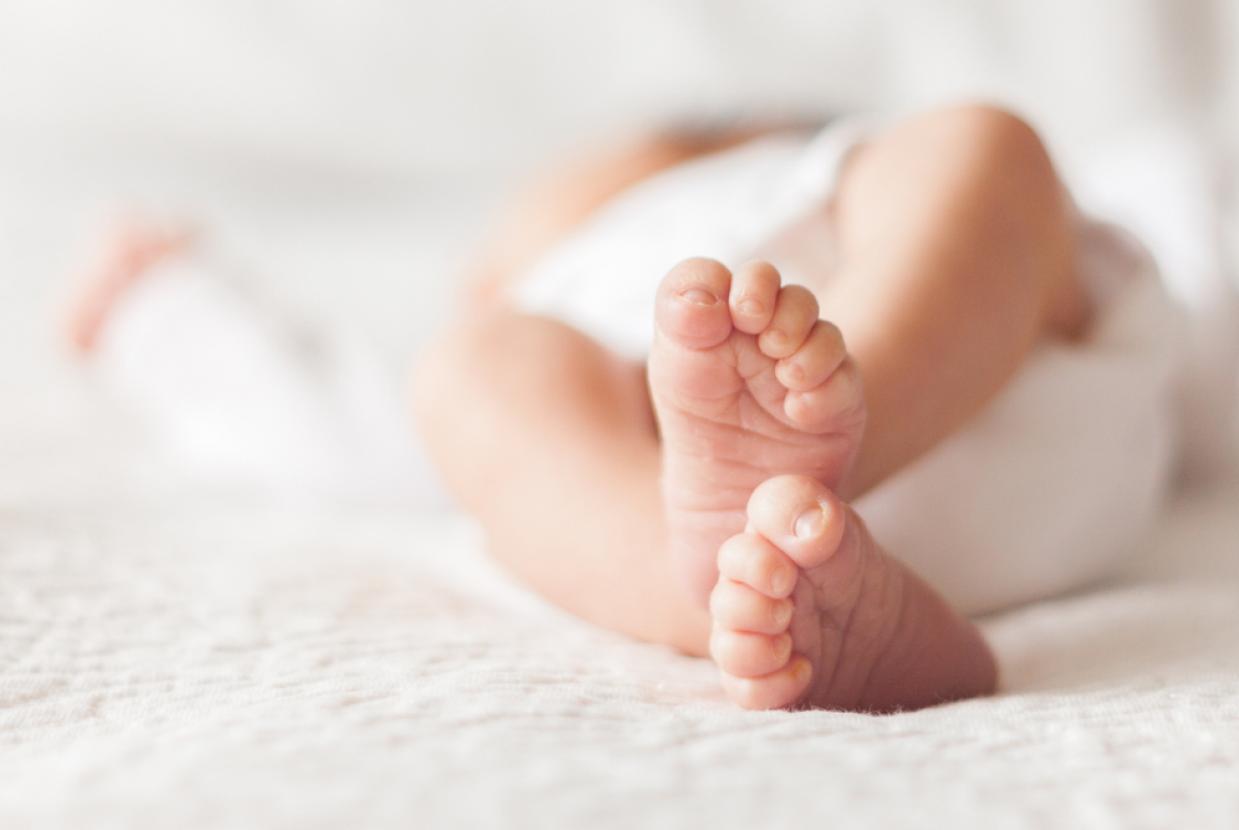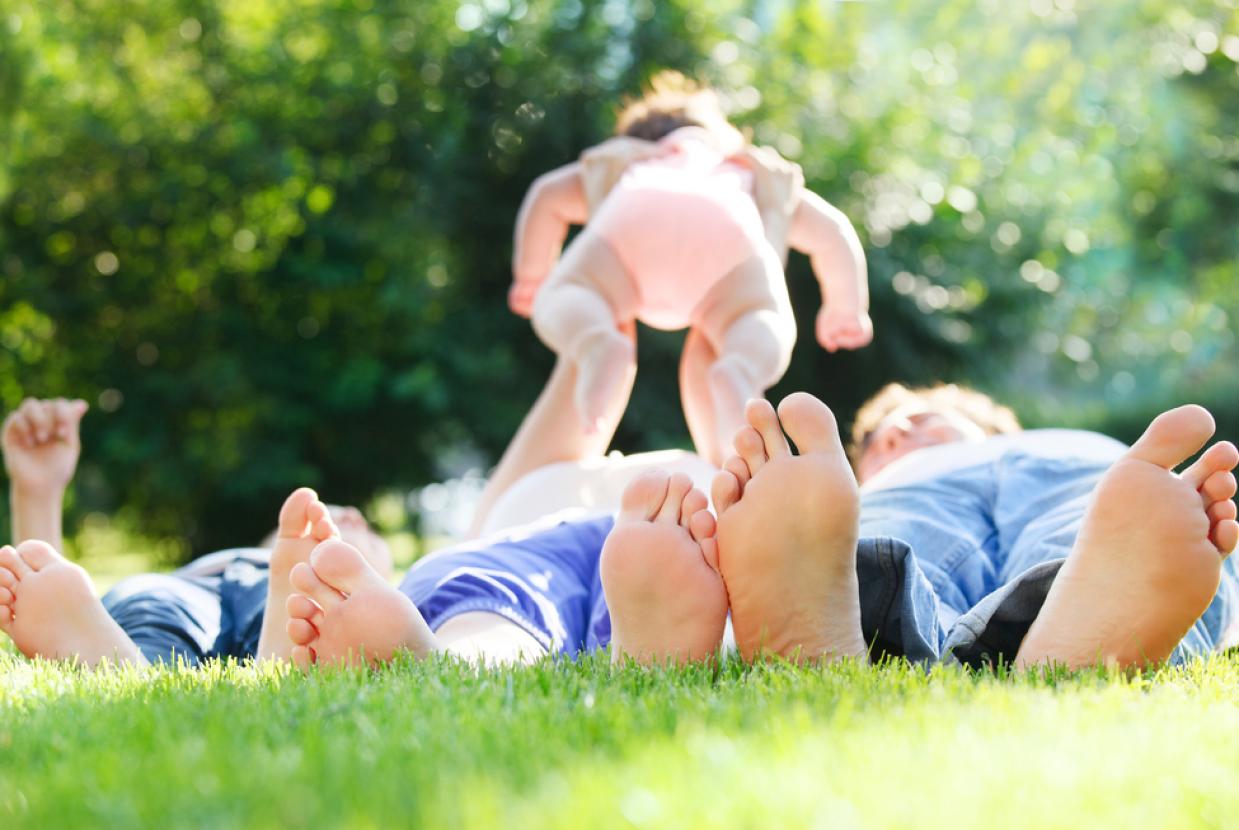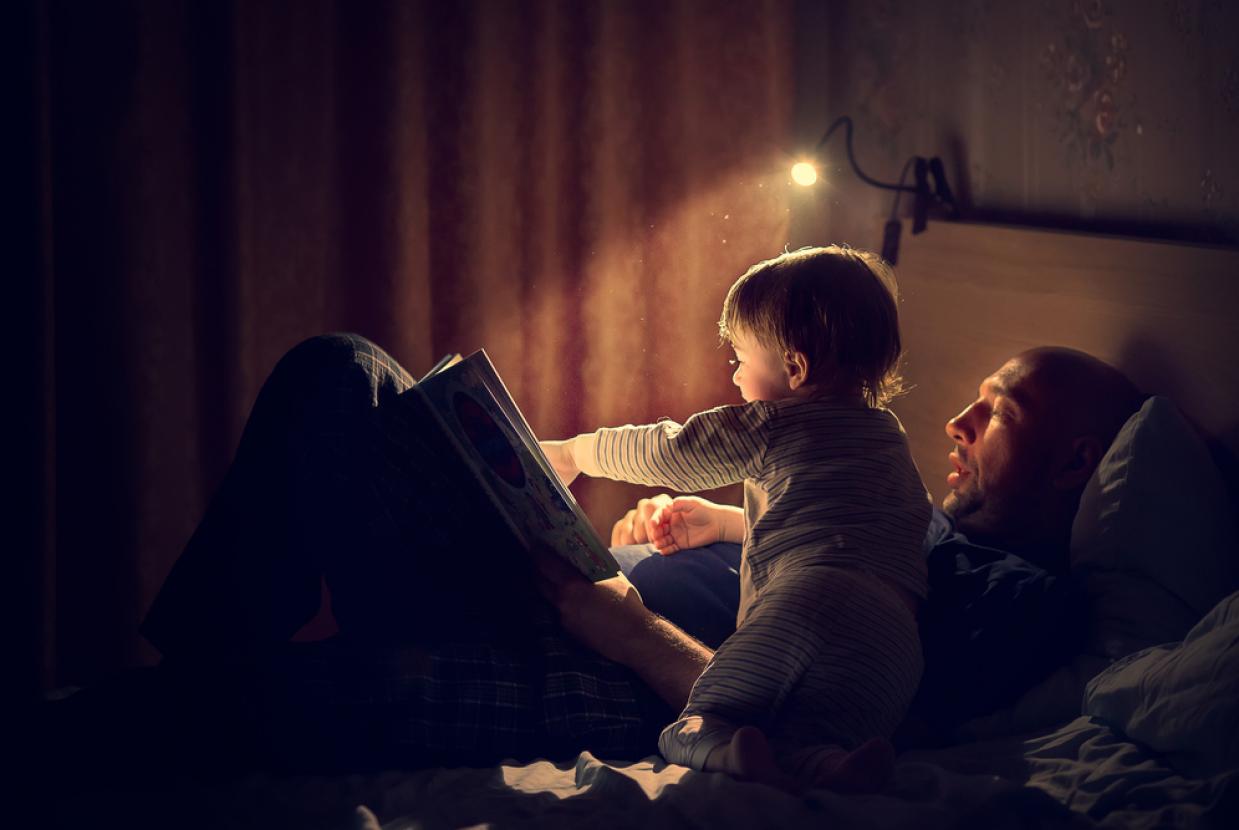Sleep & Alcohol
Don’t lose your snooze, cut back on the booze! That’s the message from Alcohol Change UK. For us, at the charity, it’s important to think about why people use alcohol as a sleep aid. In 2017, The Sleep Council’s Great British Bedtime Report found that a quarter (25%) of those questioned used alcohol to help them nod off. This was an increase from 16% in 2013.
Does alcohol help you sleep?
For many people drinking an evening tipple is a regular part of their life – helping them unwind from work and relax in an evening. And while alcohol helps them get off to sleep quickly, that glass of wine or G&T can play havoc with your sleeping patterns.
In fact, alcohol is a major culprit for disrupting your night as it can interfere with the body’s chemical processes needed for sound sleep. Alcohol disrupts the crucial ‘REM’ stage, which is essential for a deep, satisfying night’s sleep. Alcohol stops you reaching this stage early in the night, meaning your body must catch-up later in the night. REM sleep is also believed to be important for the creation of memories, which is one reason why heavy drinkers can sometimes wake up unable to remember parts of their evening.
Alcohol is also a diuretic so you will also wake in the night needing the loo. Alcohol stops the brain from releasing an important chemical, called vasopressin, which normally regulates the amount of water in your body. This sends you running to the loo all night but also dehydrates the body as it encourages too much water to be flushed out of your body. This puts your body under strain and contributing to a headache that can stop you sleeping.
Did you also know that while you may feel like your hangover headache is caused by your brain hurting, your brain can’t feel pain because it has no pain receptors? In fact, while the headache may feel as if the brain is banging against the skull, the pain is actually coming from the inner lining of the skull and the blood vessels. All this leaves you far from fresh the next day.
Say no to the nightcap!
If you’re regularly drinking alcohol to help you fall asleep, then you should try to address the underlying issue that is causing your sleep problem.
We encourage you to swap your evening tipple for either a herbal tea or milky drink. If you use drinking as a way of relaxing, spend the week doing something that makes you feel relaxed like reading a book, listening to music or doing gentle exercise. Trust us, you will find yourself waking a lot more refreshed.
Here are some other tips to help improve your sleep:
- Avoid drinking at least two hours before bedtime. Whether it’s a hot toddy or a bottle of beer, even a moderate amount consumed in the couple of hours before you go to bed can affect your sleep.
- Try a hot milky drink or herbal tea instead. This will help you to calm down and prepare for sleep. Try not to have a heavy meal, spicy food or fizzy drinks before bedtime either.
- Stick to your recommended alcohol limits (2-3 units for women, 3-4 for men) so as not to let alcohol stand in your way of sound sleep.
- Your room should be dark, cool, quiet and clear of gadgetry: a haven for rest and relaxation, not work and play.
- Check out your bed: how comfortable it is will affect how you sleep and how you feel the rest of the time.
- Develop a bedtime routine or ritual that does not involve a tipple – the aim is to create an almost unconscious association between bedtime and the sensations of drifting off to sleep.
- Listen to your body; if you feel tired you probably are and will need more alcohol-free sleep. Pay off your sleep debt by going to bed 15 minutes earlier for a few weeks.


